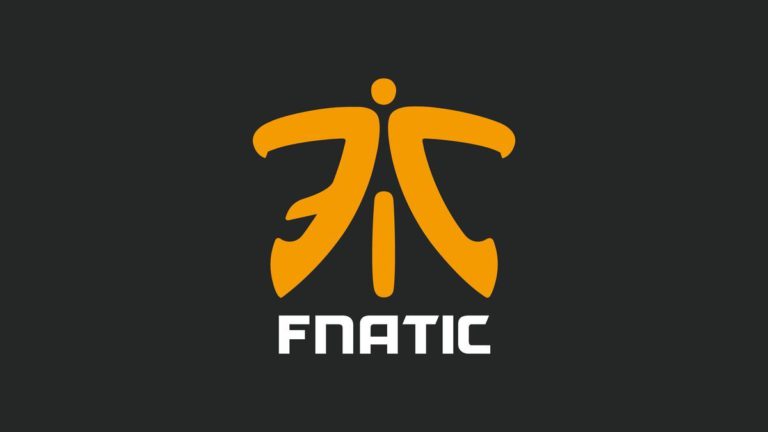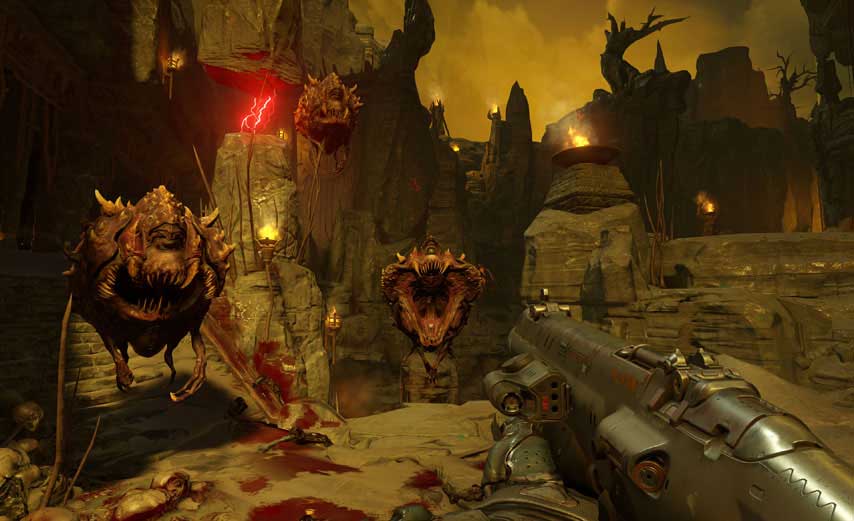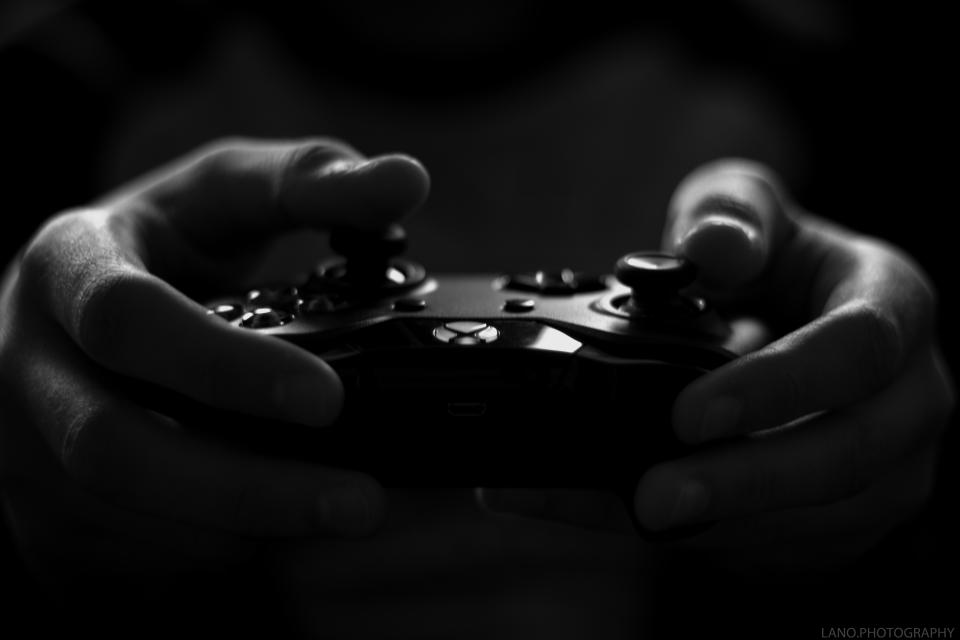Leading esports team Fnatic recently hired sports scientists to boost gamers’ performance and give them an edge over their rivals.
Fnatic received $10 million in investor funding in November, paving the way for the “High Performance Unit” to be created. The specialized unit will track sleep and stress levels, alcohol and cortisol levels, the impact of caffeine dips, and other health metrics for Fnatic’s players.
Physical activity is an important aspect to competing – and winning – in esports, and there will be added focus on keeping high-value esports gamers healthy.
Here is what Sam Matthews, founder and CEO of Fnatic, said while speaking to CNBC:
“One of the things that we’re looking into right now is how do we bring in all the knowledge that comes from sports. It’s the first time we’ve had a sports science lab to figure out what actually makes the difference in a gamer’s performance.”
It was only a couple years ago, before esports went mainstream, when there was a significant amount of doubt surrounding the competitive gaming scene.
Fully expect to see other elite esports organizations follow similar moves to help increase performance of their team members. Big money is poured into the highly competitive esports scene, with players looking for any advantage over the competition.
Overall, esports players tend to be a healthier weight than the regular population, drink less, and smoke less, according to recent research from Queensland University of Technology (QUT). I find it to be a fascinating bit of research, quashing the idea that all gamers are obese with poor dietary habits. In fact, top level esports participants spend at least an hour each day exercising, as an outlet to manage stress and improve their game play.



